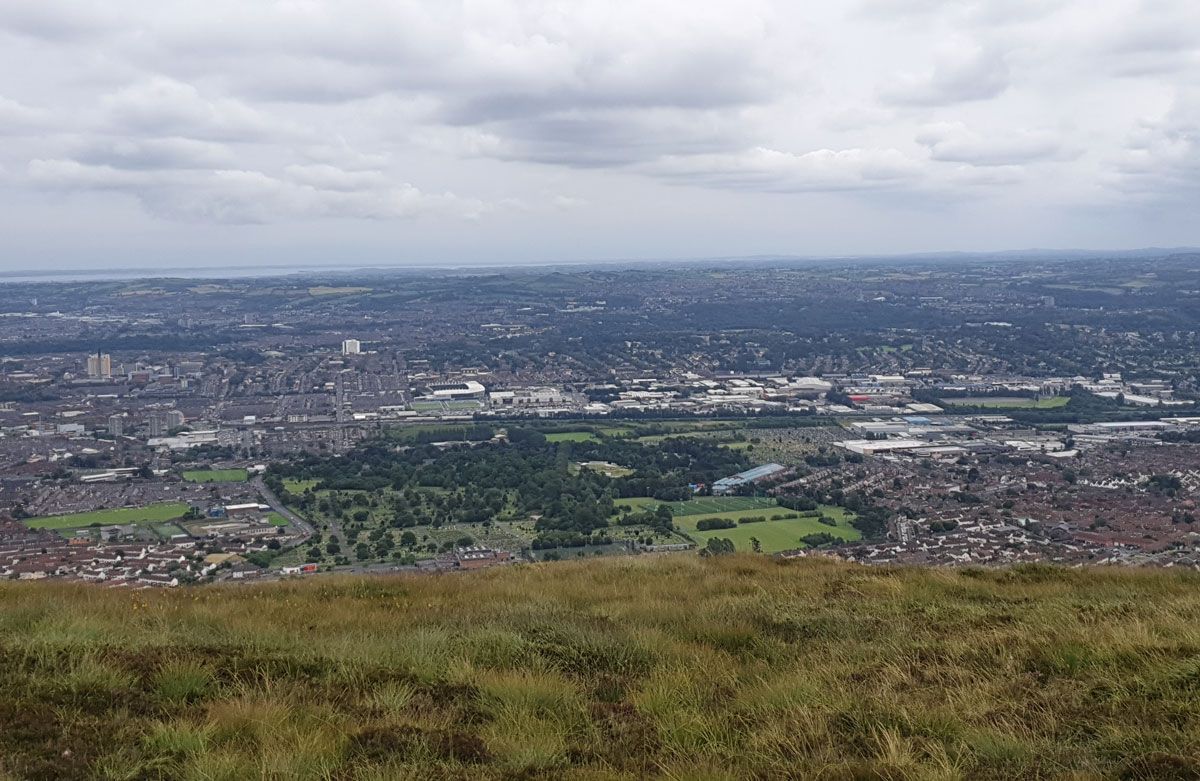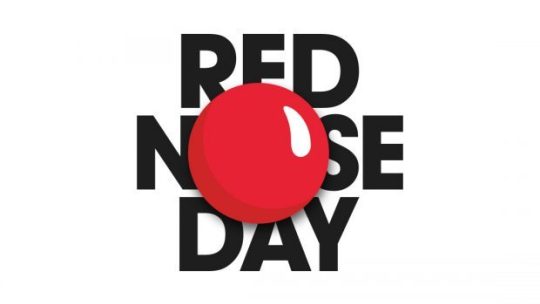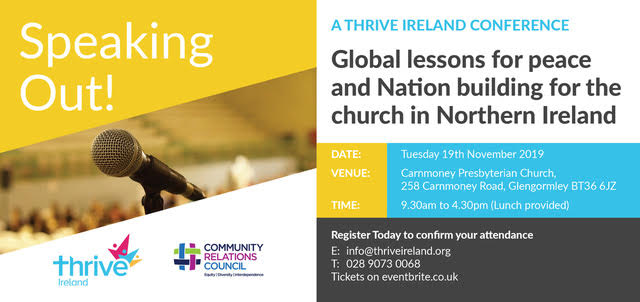
Turning Mission Upside Down
We are instructed in the bible to “go into all the world and preach the gospel to all creation”. Jesus also tells us to “love our neighbour”. But this message goes out to all Christians in every country.

I wonder how much of our idea of global mission is shaped by media images of what we call third world countries or how the news of charities such as Comic Relief have presented the need of some of the people there. How much is our perception of the poor on our doorstep been shaped by the programmes we watch or the newspaper we read, rather than by the bible?
God has been challenging me personally about this and has brought me on a strange but challenging journey of building relationships both locally here in Northern Ireland and also in Africa in counties such as Rwanda, the Democratic Republic of Congo, Kenya, Uganda and Zimbabwe.
I have reflected on what I have seen, the people I have met, the concerns they had, what made them laugh and what made them cry and I have come to an unsurprising conclusion. No matter where you are in the world – people are people. They love, they laugh, they cry, they hurt, they get angry. Some are better off than others, some make better choices, some deal better with their life circumstances – but people are people no matter where they live.
Let me tell you two stories: one from Africa and one from Northern Ireland.
Margaret lives in Uganda. The big issue in her community was lack of access to clean water. Women and children spent much of their time walking long distances to collect water and as a consequence, children did not go to school and women did not work. The economic situation of families was not good.
Margaret was chosen by her village to train to be a water tank builder. Her husband laughed at her and told her that she would never be able to make a difference – she was only a woman. She was living in a patriarchal society.

So Margaret was trained with the support of a Tearfund partner and helped her village build the water tanks they needed to collect water from the roofs of houses. Things greatly improved as less time needed to be spent on walking to collect water. Children were able to go to school and women able to work in other jobs. The village is beginning to transform.
Another Margaret lives in a town in Northern Ireland. She lives on a public housing estate controlled by a paramilitary organisation which exerts control on the daily lives of the people who live there. She is married to one of those who belong to the organisation. She is living in a patriarchal society.

Margaret was trained in community leadership with the help of a Christian community development organisation. Her confidence and skill grew and she began to understand the difference that she could make in her community. She worked to enable women in the community to come together to learn about their own Protestant identity and begin to understand more of the Catholic community. She facilitated an older people’s group and inter-generational work – finding out the needs of her local community and seeking to meet them. She is now the Chairperson of her local resident’s association. That community is beginning to transform.
In both these situations there is a long way to go. The poverty might have looked very different, but the issues were the same.
What was I expecting when I travelled to Africa? Perhaps I had an idealized view of what poverty might look like.
Poverty is never simple. It is a symptom of a series of interlocking factors which conspire to bring people down and prevent them from thriving and flourishing. I don’t always know what issues there are in other poor countries. Is the government corrupt? How much support do people have? What is the attitude to women? How active is the Church?
However, when I started working in local community, coming from a very privileged background, I thought I knew what caused people to be in poverty and had a simplified idea of how they would be able to get out. What I had not thought through was: the complex and unfair nature of the benefits system; that not everyone has the same intellectual ability; that poverty affects mental health as well as physical and mental health saps your energy for doing anything; people in general are not very self-aware and they rarely can see for themselves what might be glaringly obvious to others. (I include myself in this category!!)

At Thrive Ireland we want to bring you on a journey of understanding through a global lens, learning from Christians in Africa who have, with God’s help and grace brought amazing transformation to their communities, regions and even countries. How can we not learn from this incredible experience?

PS. Our next event is a Conference learning from the Churches in Zimbabwe who have mobilised to speak out against social injustice and the corruption of the Mugabe and current regimes. You can register free for the event on 19th November 2019 here.
If you would like to be placed on the Thrive Ireland mailing list to hear about events and resources, then email info@thriveireland.org